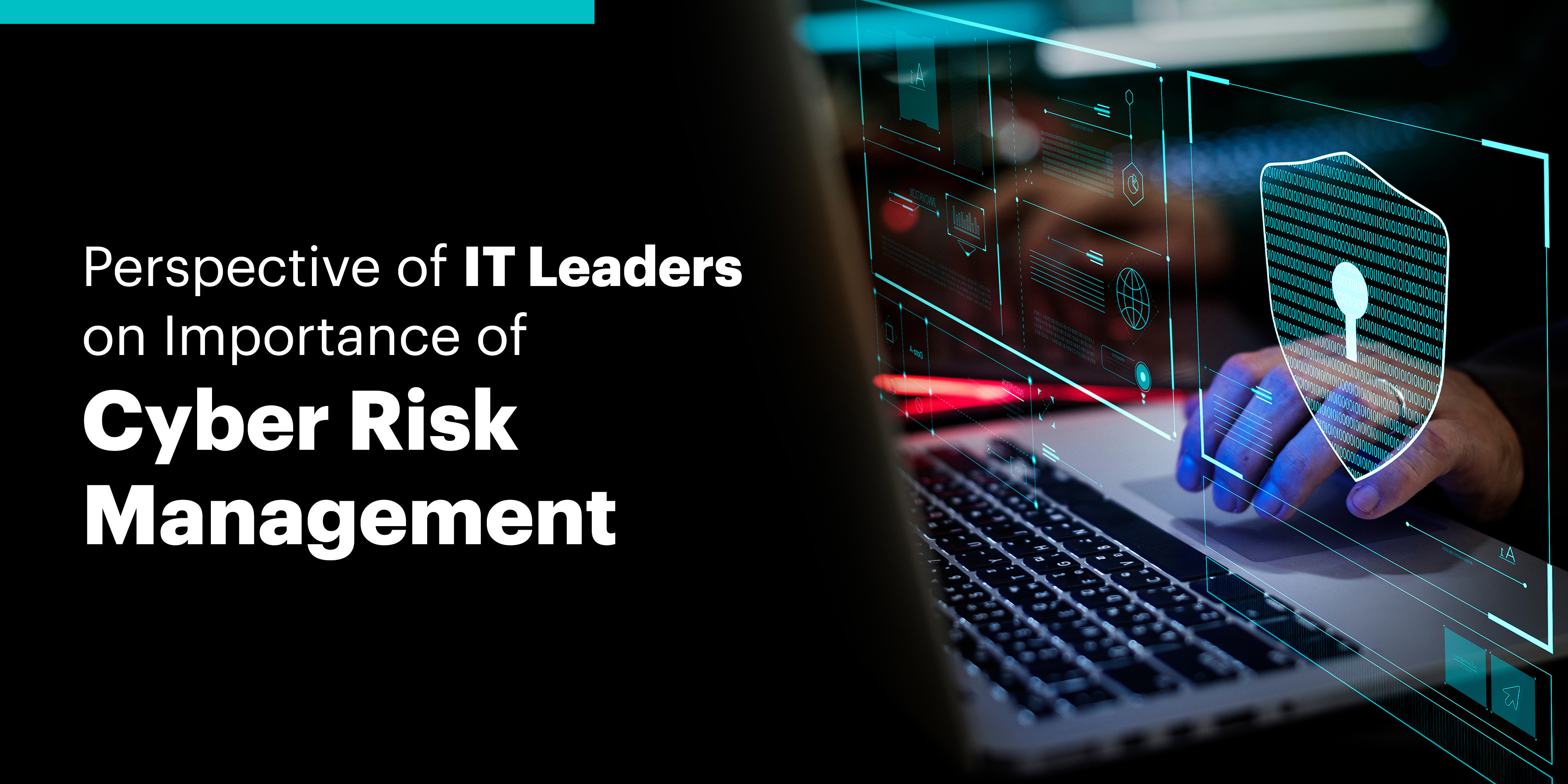In recent years, the importance of cyber risk management has become increasingly apparent to business and security leaders in India. With the growing prevalence of cyber attacks, data breaches, and other cyber security threats, it has become critical for organizations to implement strong cyber risk management strategies to protect their sensitive information and assets.
In the past, many business leaders in India have viewed cyber security as solely the responsibility of their IT departments. However, as cyber threats have become more sophisticated and widespread, business leaders have come to realize that cyber risk management must be a top priority for the entire organization. This has led to a convergence of perspectives among business and security leaders in India, as both groups recognize the importance of working together to develop and implement effective cyber risk management strategies.
One of the key drivers of this convergence is the increasing regulatory pressure on organizations in India to protect their data and information systems. The Reserve Bank of India (RBI) has issued several guidelines and directives in recent years, requiring banks and other financial institutions to strengthen their cyber security measures. Additionally, the Indian government has introduced the Personal Data Protection Bill, which aims to protect the privacy and data of Indian citizens.
These regulations have forced businesses to take cyber security more seriously, and have led to increased collaboration between business and security leaders to ensure compliance with these guidelines. As a result, many organizations have started to view cyber risk management as a business issue, rather than simply an IT issue.
Another factor driving the convergence of perspectives is the increasing sophistication of cyber attacks. Hackers are now using advanced techniques such as social engineering and machine learning to bypass traditional security measures. This has made it clear that cyber risk management is not just a technical issue, but also a strategic one that requires a holistic approach.
Business leaders in India are also recognizing that strong cyber risk management can provide a competitive advantage. Customers are becoming increasingly aware of the risks associated with data breaches and are more likely to do business with companies that take their cyber security seriously. As a result, organizations that can demonstrate their commitment to cyber risk management are more likely to attract and retain customers.
To meet the growing demand for effective cyber risk management, many organizations in India are investing in new technologies and tools. For example, they are implementing advanced threat detection systems, using artificial intelligence to identify potential security threats, and engaging with security experts to develop customized cyber risk management strategies.
In conclusion, the convergence of perspectives among business and security leaders in India on the importance of cyber risk management is a positive development that bodes well for the country’s overall cyber security posture. As cyber threats continue to evolve and become more sophisticated, it is critical that organizations take a holistic approach to cyber risk management and work together to protect their assets and data. By doing so, they can not only comply with regulatory requirements but also gain a competitive advantage and build trust with their customers.
Lets Discuss to learn more about our cybersecurity solutions at esmarketing@teamcomputers.com
